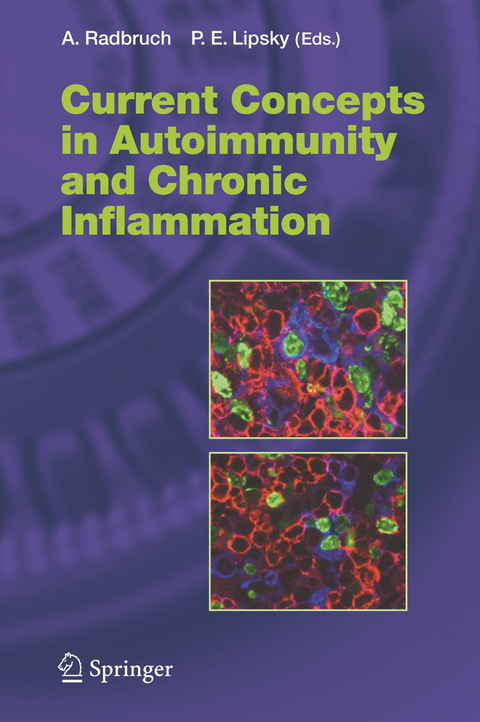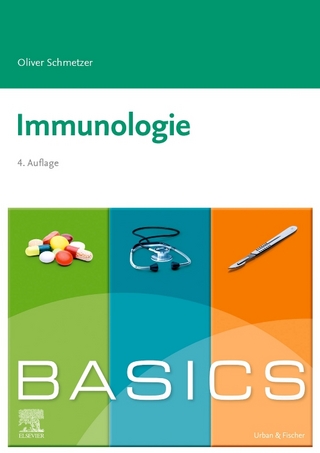
Current Concepts in Autoimmunity and Chronic Inflammation
Springer Berlin (Verlag)
978-3-642-06745-7 (ISBN)
The ethiopathologies of autoimmune diseases are complex. A broad variety of cell types and gene products are involved. This book explores clinical and experimental evidence suggesting that the importance of an individual factor changes during the course of the disease. Factors and cell types that induce acute autoreactivity and initiate an autoimmune disease could be distinct from those that drive a chronic course of that disease.
B Cell Tolerance-How to Make It and How to Break It.- Breaking Ignorance: The Case of the Brain.- Naturally Arising Foxp3-Expressing CD25+CD4+ Regulatory T Cells in Self-Tolerance and Autoimmune Disease.- Sex Hormones and SLE: Influencing the Fate of Autoreactive B Cells.- Innate (Over)immunity and Adaptive Autoimmune Disease.- Can Unresolved Infection Precipitate Autoimmune Disease?.- The Systemic Autoinflammatory Diseases: Inborn Errors of the Innate Immune System.- Inefficient Clearance of Dying Cells and Autoreactivity.- The Importance of T Cell Interactions with Macrophages in Rheumatoid Cytokine Production.- T Cell Activation as Starter and Motor of Rheumatic Inflammation.- Signalling Pathways in B Cells: Implications for Autoimmunity.- Immunological Memory Stabilizing Autoreactivity.- Genetics of Autoimmune Diseases: A Multistep Process.
| Erscheint lt. Verlag | 12.2.2010 |
|---|---|
| Reihe/Serie | Current Topics in Microbiology and Immunology |
| Zusatzinfo | IX, 282 p. |
| Verlagsort | Berlin |
| Sprache | englisch |
| Maße | 155 x 235 mm |
| Gewicht | 445 g |
| Themenwelt | Studium ► Querschnittsbereiche ► Infektiologie / Immunologie |
| Schlagworte | Apoptosis • autoimmune disease • autoimmunity • autoinflammatory syndromes • B cell tolerance • blood-brain barrier • CD25+CD4 Treg • Cell • Cytokine • cytokines • Diseases • genes • Genetics • Infection • Macrophages • Multiple Sclerosis • necrosis • Pathology • rheumatic arthritis • self-tolerance • Sex • SLE • T Cell |
| ISBN-10 | 3-642-06745-X / 364206745X |
| ISBN-13 | 978-3-642-06745-7 / 9783642067457 |
| Zustand | Neuware |
| Haben Sie eine Frage zum Produkt? |
aus dem Bereich


